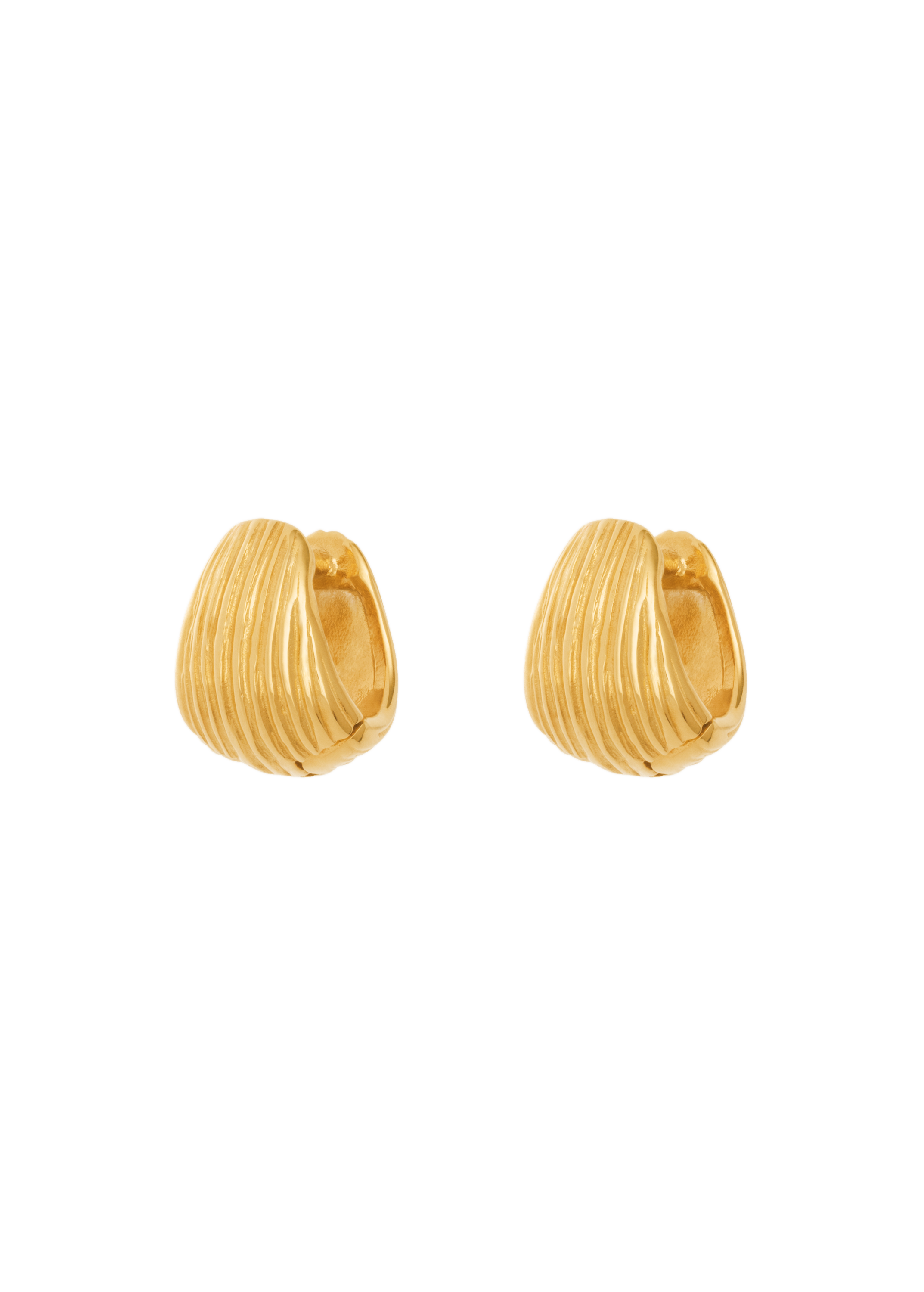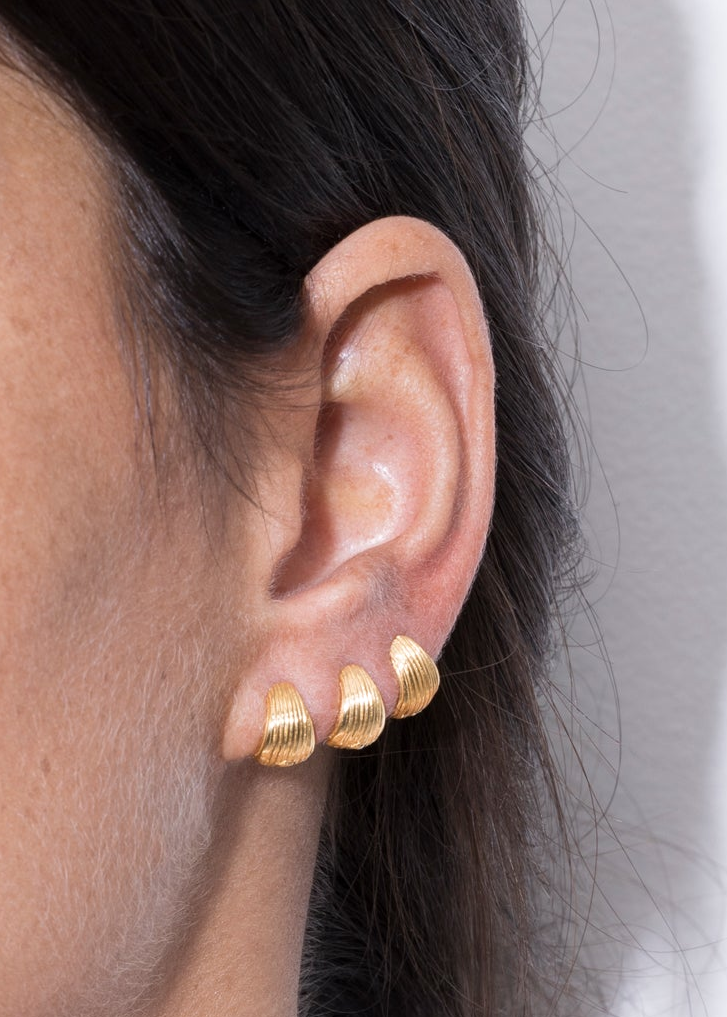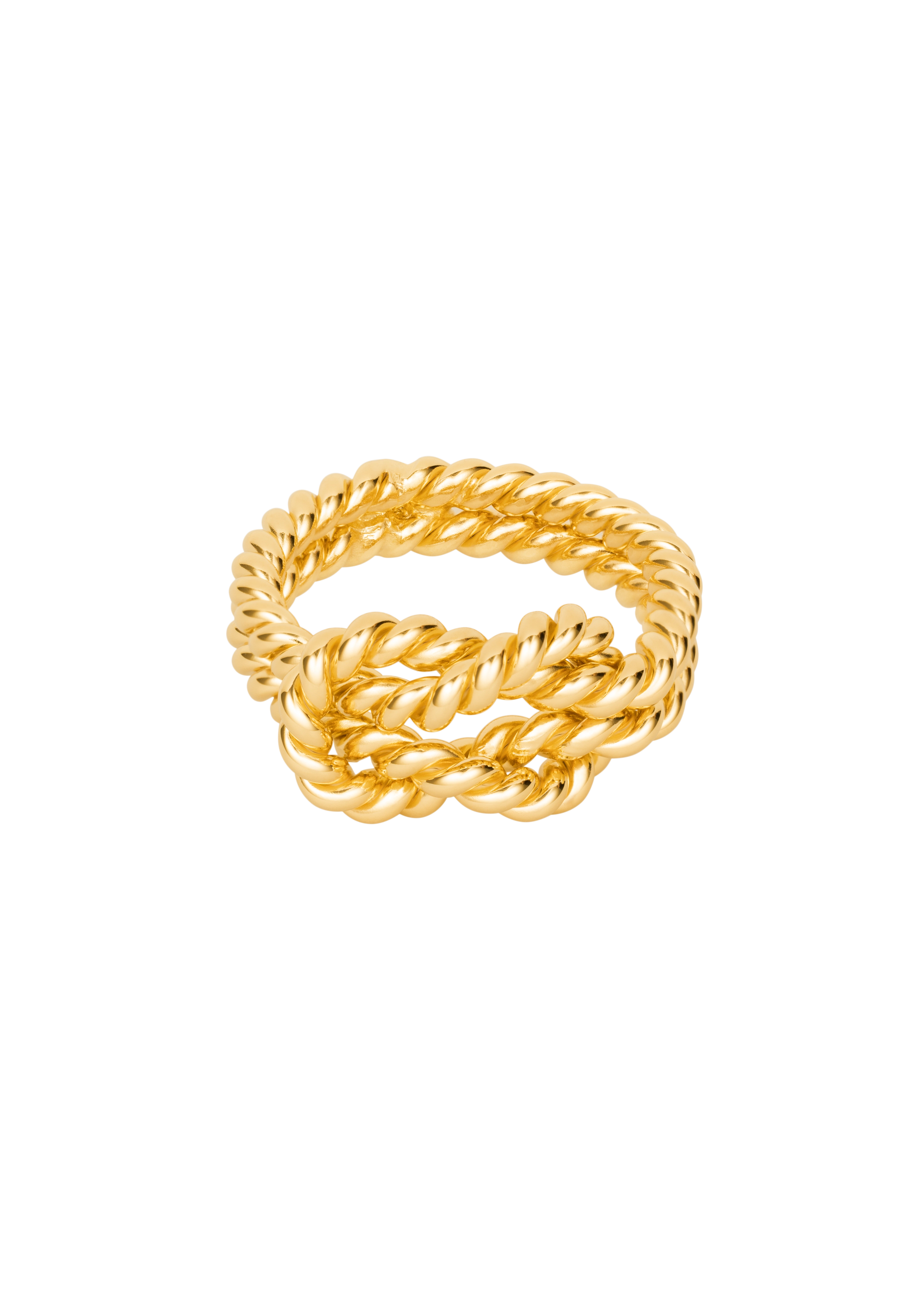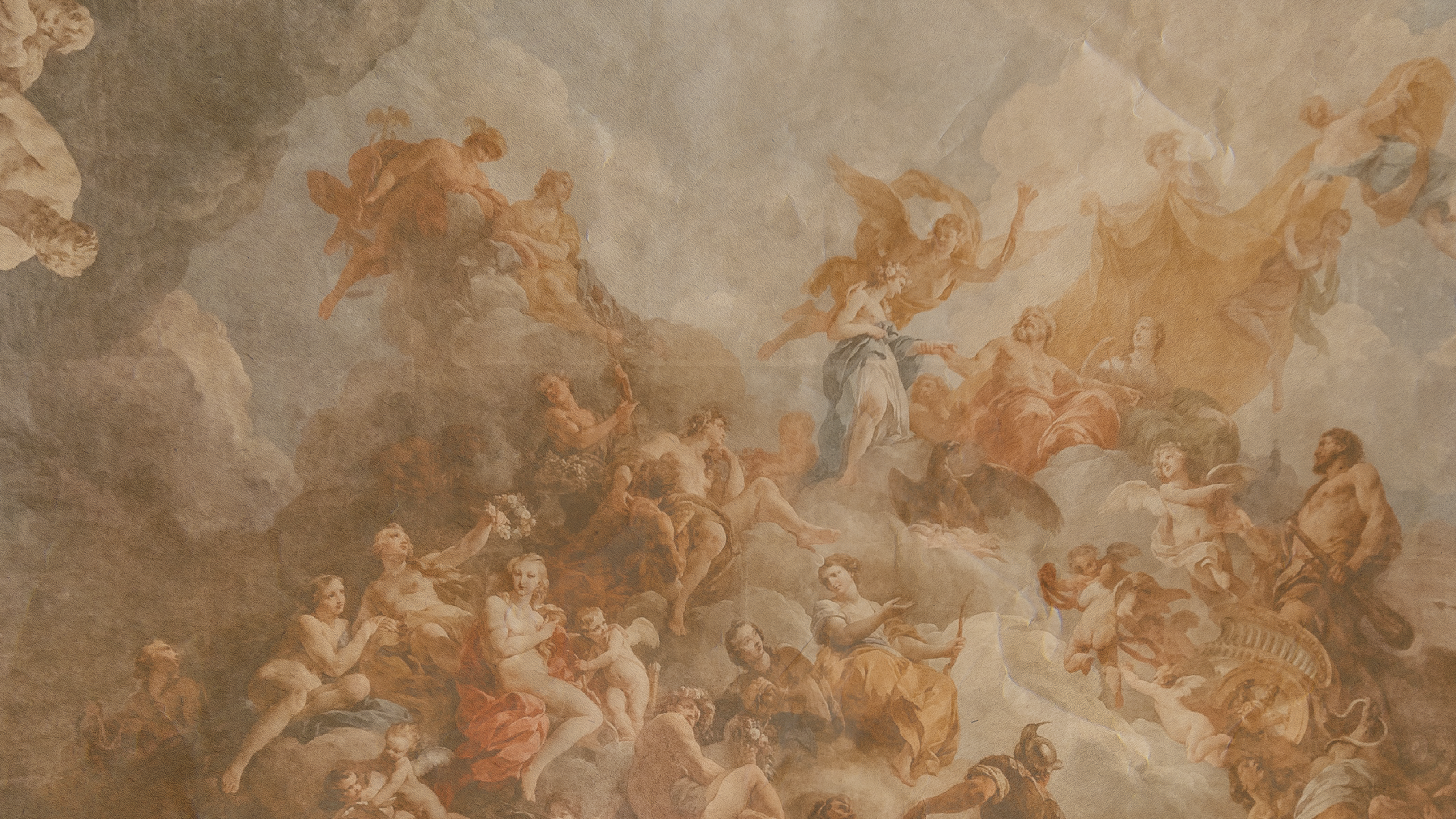01 THE FUTURE OF AI AND ITS OMNIPRESENCE
artificial intelligence is transforming the way we produce knowledge and act in various sectors, including crime prevention, communication, sustainability, economics, medicine, and art. despite its omnipresence, significant changes await us, and many unanswered questions remain. the key to success lies in building an AI with good intentions, knowledge, and compliance with community norms, laws, and regulations. this AI must be trustworthy and ethical, aligning with current ethical principles and values. to be honest, this represents a great ambition for change and parallel evolution of society, as humans continue to fight for ethical values and principles. I would say trust and knowledge are key words in this journey.
02 ART VERSUS CREATIVITY
before we analyse the relationship between art and artificial intelligence, it is essential to understand the difference between the concept of art and creativity. the questions in the field are the following: can a machine be creative?; can a work made with artificial intelligence be considered art?; it's important to realize that both the concept of art, and that of creativity, have been the subject of various discussions from very early on… the concept of art is constantly changed from time to time in our history.
the best definition of the term art is the noun “communication”. for there to be communication, there must be two individuals. art is only art when someone says it is art, and this is within a social and cultural context. we can therefore say that there are different genres of communication and expression. the meaning currently attributed to the word creativity has nothing to do with the use of the term in ancient civilisations. in ancient greece, any form of art, expressed in painting or poetry, for example, was not creation. the word "create" didn't even exist, the closest term being “make”. the concept of creativity is therefore multidimensional. it is linked to the arts in general music, dance, literature, scientific fields, the media, the business world and industry. as a rule, we associate creativity with the idea of a different vision and a different way of feeling: "it's seeing what everyone else has seen and thinking what no one else has thought” as leonardo da vinci put it. creativity is a capacity that is in all of us, it just needs to be worked on. like any other capacity, there are people who are better at it than others! we can therefore say that creativity is quite different from art and they are two concepts, although interconnected, quite distinct.
03 ART VERSUS ARTIFICIAL INTELLIGENCE
the relationship between art and artificial intelligence raises questions about whether computers can create art and whether humans can allow them to do so. the challenge lies in public appreciation of the work done by machines, as it is the audience that transforms the work into art. different artistic styles, genres, audiences, and artists contribute to the understanding of art. for example, a painting by leonardo da vinci, a film by steven spielberg, a beethoven's symphony, or a ballet by salle le peletier are considered art, not because they have a fundamental characteristic that defines them, but because they are areas that humans can appreciate and understand, even without knowing the specific subject.
however, there are cases in which this appreciation is no longer so direct. marina abramovic, who stands for minutes looking at strangers... andy goldsworthy ephnemeral, who makes a construction out of broken tree branches on stones in a stream in the middle of nature... john cage, who sits in silence for four minutes and thirty-three seconds in front of a piano… all of these works are not recognised as art so directly. this is because it's not clear what they intend to convey. in this sense, it is even more complex for human beings to infer meaning and communicate with an art object created by a machine.
art appreciation is rooted in a framework that values physical and intellectual labor, meaning, and intention. however, this doesn't apply to work created by artificial intelligence. machines have been producing art for a long time, but they have always been guided by humans. in artificial intelligence, neural networks are based on learning, and machines base themselves on pre-defined concepts to create their own. to become fully generative machines, they need to learn and develop creative intent.
04 A CONCLUSION TO THINK ABOUT
in conclusion, the reality is that human beings leave a little of themselves in everything they create. this humanity is inevitable, even when building a machine that works autonomously. for now, artificial intelligence is not generated on its own. is it impressively autonomous? yes. can it create art and be creative? yes, it can. but there are other questions to think of. how can artificial intelligence create art on its own? how will this art be appreciated? another interesting question my AI teacher used to ask in college: "will the art produced by artificial intelligence be treated like art in the traditional sense of the word, in the sense of being collected, will there be curators and critics?". I think we are closed to find out. finally, I'll leave you with the most important question...
will this art ever be autonomous from humanity and create its own narrative? will it continue to be art after it has done so? one thing is certain, if we are not independent of each other's influence, how will we ever create an intelligence that is?
 photo of apotheosis of hercules, in the chateau de versailles [ via unplash ]
photo of apotheosis of hercules, in the chateau de versailles [ via unplash ]
sofia torres is the digital media designer at CINCO. born in '97, she believes her strong passion for what she does enables her to create meaningful work. her educational background includes a master in multimedia design at the university of coimbra. since day one, she's loving working at CINCO.









